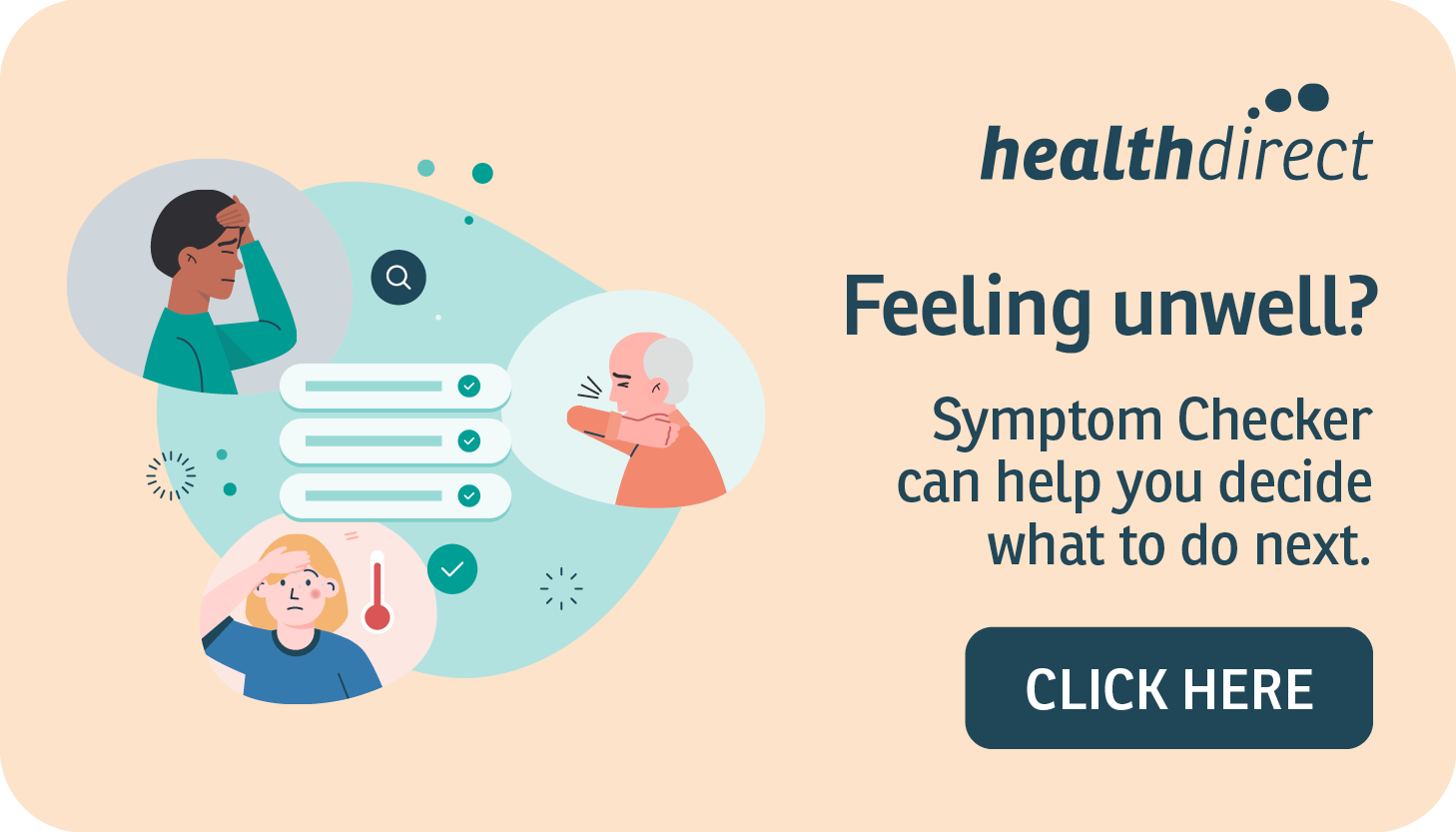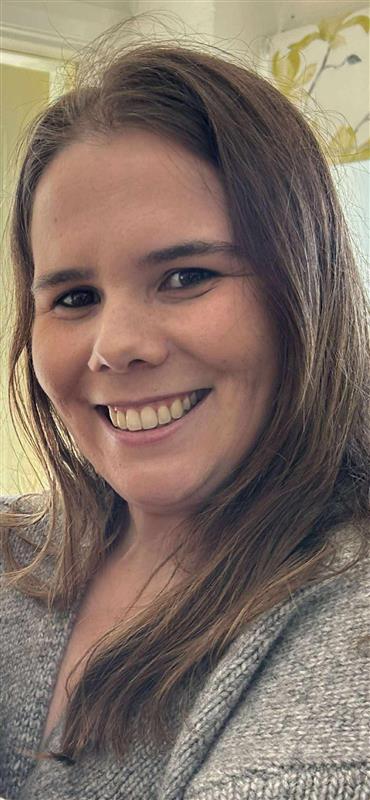When I look at this picture it takes me back to the darkest period of my life. How sad is that? When you’ve been wanting a baby for so long, it should be the happiest time but I felt defeated.
How did it get to such dark desperation?
I had a beautiful birth. My daughter Clara was born to the James Vincent McMorrow’s song ‘Higher Love’. She had a perfect button nose and cute blonde curls.
When I was still at the hospital, I had some difficulty breast feeding. This was ironic for a Type A optimist. I’m used to achieving what I put my mind to. By Day 3, the anxiety insomnia started.
Back at home, the breast-feeding was still excruciating and I started viewing my little girl as the source of my pain. My husband would bring her to me for a feed and then I would ask him to take her away. After a constant battle in my head of whether to give up the breast-feeding, we put our baby girl on formula at three weeks, which gave me instant relief. For 24 hours. Then the hyper-sensitivity to sound crept in. Everything felt like it was turned up to high volume.
One night I said to my husband, ‘Darling, do you think we could move Clara down into the kitchen, so I can’t hear her?’ Meanwhile I hid behind a veneer of always being perfectly groomed and telling my friends and family I was doing ok. I would smile when people said how beautiful my daughter was, as I looked on not recognising the child I held in my arms.
At least I had my mother with me for the first six weeks, to help with cooking, cleaning, and looking after my daughter. She was a great distraction – but then after six weeks it was time for her to leave. I started experiencing more severe anxiety, sadness, episodes of crying and guilt of not ‘getting it’ as a new Mum. I even tried to go back to work. I remember being at a business meeting, with my hair done, smartly dressed, pretending I had it all together, while on the inside I was crumbling. I started to lie. Even to the nurses at my six-week PND survey check. I’d snap out of it soon enough, I thought. It sure didn’t seem like anyone in my mother’s group was experiencing anxiety. I’d look at them, wondering if they too felt like they’d prefer to poke their own eyes out than be a new mother, wondering whether it was too early to have a gin.
By week eight, I hadn’t snapped out of it. The exhaustion was taking its toll and I fell into a storm of depression. I would catch myself staring in the mirror with tears in my eyes, begging myself to hold on and be strong. Meanwhile I was due to be in Scotland in a week, as bridesmaid for my best friend. The day I was meant to fly, Clara was nine weeks old. I was ready to get on the flight with my bags and my Scottish money and escape. On the way home from the money exchange though, I suffered a panic attack, fueled by fear and shame. My thoughts turned from, ‘I need to escape’ to ‘I hope the plane goes down on the way to Scotland… that would be the best outcome for everyone.’
I arrived home and told my husband how I was feeling. He told me that his life would never be the same without me, that he and Clara needed me, and loved me. At this point, with his support I called the professionals. The next day, I started a stay at a PND unit. I spoke to some girlfriends who had been in the thick of PND and they promised I would make a full recovery.
Over the next five weeks in the hospital, I met some incredible women going through the exact same thing, and formed a tribe of supportive friends. After two weeks of massaging, smiling and singing to my daughter I finally felt a real bond. I finally had insight into how Mums felt. I went off all forms of social media, while I realigned into what was important. The upshot of this adversity, was that I had a new-found insight, respect and empathy toward mental health and the power of our brains.
I went back to university to study psychology and neuroscience, and became a mindfulness and meditation teacher, starting my own company as part of my mission to help others @eqminds.
Unfortunately, some of us have to experience crushing hardship to grow. The good news is you don’t have to. With incredible organisations like Gidget Foundation Australia supporting and teaching coping tools to mothers, it’s a lot easier not to slide into the depths of PND.
Chelsea's Story
Please submit your details below and we will be in touch soon.
Related Fact Sheets

a new mum's story
this Christmas











.webp)








%201.webp)



.png)

